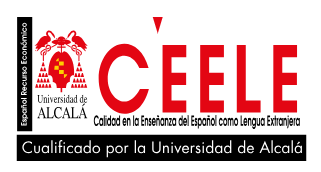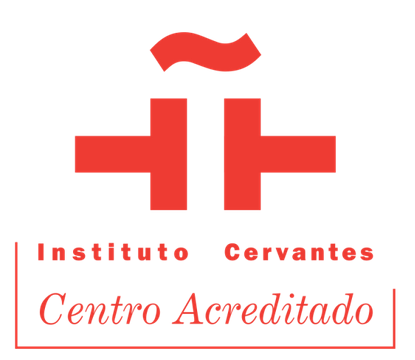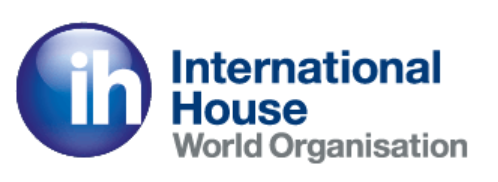COURSE DESCRIPTION:
Embracing Diversity: Fostering Inclusivity in the Classroom offers a comprehensive range of content to enable educators to create inclusive and diverse learning environments. Participants will delve into the importance of diversity in education, exploring concepts such as cultural competence, implicit bias, and inclusive curriculum design. Designed for educators, administrators and professionals who seek to create inclusive and diverse learning environments in their classrooms.
WHI OS THIS COURSE FOR?
1) Educators and teachers: This course provides the knowledge and tools to effectively embrace diversity and foster inclusivity in the classroom, enabling them to create supportive and enriching learning environments.
2) School administrators and policymakers: The course provides insights into inclusive educational practices, enabling development of inclusive policies and promoting a culture of diversity in educational institutions.
3) Teacher trainers and professional development providers: Gaining valuable resources and strategies to support educators in fostering inclusivity, thus enhancing the quality of teacher training programs.
4) Teachers: Pre-service teachers will acquire foundational knowledge related to diversity and inclusivity, while in-service teachers will deepen their understanding and refine their practices.
OBJECTIVES:
- Understand the importance of diversity in education and create inclusive classroom environments.
- Employ strategies to promote equal opportunities and active engagement for all students.
- Identify and address biases, stereotypes, and discrimination in educational settings.
- Differentiate instruction to meet diverse learning needs and support student development.
- Enhance intercultural competence and communication skills for effective collaboration.
- Utilise resources and tools to promote inclusivity and diversity in teaching practices.
- Engage in self-reflection and professional growth as inclusive educators
TOPICS:
1) Cultivating Cultural Competence: Participants will develop the ability to understand and navigate cultural differences.
2) Effective Differentiation:Participants will acquire skills to adapt their teaching approaches, materials, and assessments to meet diverse learning needs.
3) Conflict Resolution and Mediation: Participants will gain techniques for managing conflicts and promoting positive interactions among students from different backgrounds.
4) Inclusive Curriculum Design: Participants will learn how to implement a curriculum that reflects diverse perspectives.
5) Collaborative Problem-Solving: Participants will develop skills in facilitating collaborative problem-solving activities.
6) Universal Design for Learning (UDL): Participants will explore UDL principles and practices to create accessible and inclusive learning environments.
7) Intercultural Communication: Participants will enhance their communication skills, including active listening, empathy, and effective verbal and non-verbal communication.
8) Reflective Practice: Participants will engage in self-reflection to critically examine their own biases, assumptions, and teaching practices, fostering continuous growth as inclusive educators.
SAMPLE PROGRAMME:
1) Monday
- Introduction to the importance of diversity in education.
- Understanding cultural competence and its role in creating inclusive classrooms.
- Small group discussions on personal experiences with diversity and its impact on education
- Exploring implicit bias and strategies to address bias in educational settings.
- Case studies and role-playing activities to explore cultural competence in classroom scenarios
2) Tuesday
- Developing intercultural communication skills
- Interactive activities to practise active listening and effective communication.
- Reflective practice and self-assessment of biases and assumptions in teaching.
- Promoting a sense of belonging and positive identity development
- Utilising technology for accessibility and digital inclusion
- Addressing the digital divide and promoting digital literacy
3) Wednesday
- Introduction to Universal Design for Learning (UDL)
- Project work on developing inclusive activities
- Promoting inclusive classroom practices
- Group work to analyse and revise existing lesson plans to incorporate diverse perspectives.
4) Thursday
- Conflict resolution and mediation strategies
- Simulated conflict resolution scenarios
- Creating a positive and inclusive classroom climate through restorative practices.
5) Friday
- Creating an action plan for implementing inclusive practices in participants' own classrooms.
- Sharing circles or paneldiscussions for participants to share success stories and lessons learned.
- Networking and collaboration among participants to continue the learning journey beyond the course.
- Course evaluation and feedback.
Akredytacje












